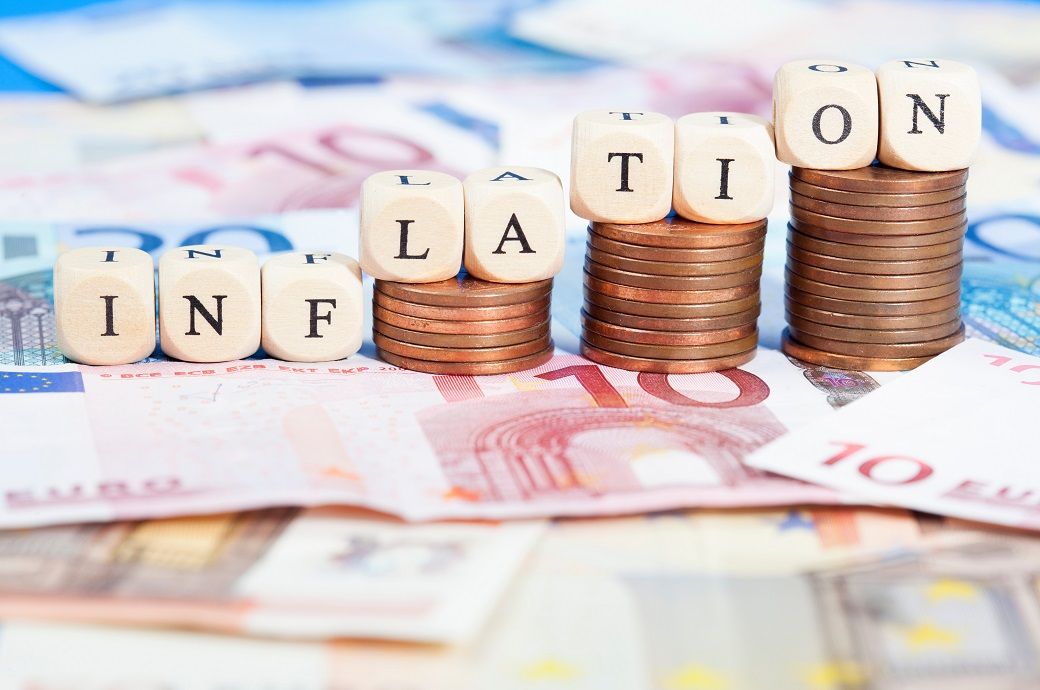
Year-on-year inflation in the Organisation for Economic Co-operation and Development (OECD) countries, as measured by the Consumer Price Index (CPI), remained unchanged at 4.7 per cent in January 2025, marking a continuation of the rates observed in November and December 2024.
Among OECD countries, inflationary trends varied significantly, with headline inflation increasing in 15 countries, declining in 10, and remaining stable or broadly stable in approximately one-third of member states. The most substantial inflationary increases—of at least 0.9 percentage points (pp)—were recorded in Lithuania, Austria, the Slovak Republic, Belgium, Hungary, and Luxembourg.
In Austria, Belgium, and Luxembourg, the surge in inflation was largely driven by an increase of more than eight pp in energy inflation, a consequence of the reduction of government-imposed price-dampening measures. Belgium also experienced a base effect contributing to the inflation rise, as per OECD.
Meanwhile, Turkiye’s inflation continued its downward trajectory for the eighth consecutive month but remained above 40 per cent in January, reflecting persistent price pressures despite recent moderation.
Across the OECD, core inflation (which excludes food and energy prices) remained broadly stable at 4.8 per cent. Year-on-year energy inflation saw a slight rise, moving from 3.8 per cent in December 2024 to 4.0 per cent in January 2025. However, country-specific variations were stark, ranging from a 12 per cent decline in Australia to an almost 40 per cent surge in Turkiye.
In the G7 nations, overall inflation remained broadly stable at 2.9 per cent in January 2025. Energy and core inflation showed little change, with core inflation continuing to be the main driver of headline inflation in most G7 economies, except Japan.
Inflation in the euro area, as measured by the Harmonised Index of Consumer Prices (HICP), stood at 2.5 per cent in January 2025, up slightly from 2.4 per cent in December 2024.
According to a flash estimate by Eurostat, inflation in the euro area remained broadly stable at 2.4 per cent in February 2025. However, France saw a notable decline in inflation due to a significant drop in energy prices, primarily caused by a base effect.
Inflation across the Group of 20 (G20) countries remained stable at 5.0 per cent in January 2025, mirroring the rate observed in December 2024. Headline inflation declined in Indonesia and, to a lesser extent, in Brazil. In Argentina, inflation continued its downward trend but remained above 80 per cent. Meanwhile, inflation in China rose to 0.5 per cent after hovering near zero in previous months, and it also increased in South Africa. In Saudi Arabia, inflation remained broadly stable.
ALCHEMPro News Desk (HU)
Receive daily prices and market insights straight to your inbox. Subscribe to AlchemPro Weekly!